Russia says US decision to relocate OSCE result of ‘military psychosis’
Russia says the decision by the United States to relocate its staff at the Organization for Security and Cooperation in Europe (OSCE) out of eastern Ukraine is the result of “military psychosis” of Washington, which accuses Moscow of planning to invade Ukraine.
In a statement on Sunday, Russia's Foreign Ministry spokeswoman Maria Zakharova made the remarks, while criticizing the US move and saying that the OSCE mission was succumbing to what she described as a "military psychosis" stirred up by Washington.
Urging OSCE's leadership to prevent attempts to “manipulate the mission,” the Russian spokeswoman stressed that OSCE’s monitoring was needed now more than ever.
Her comments come as Moscow and the security-oriented organization have had disagreements in the past over eastern Ukraine, whose two regions of Donetsk and Luhansk — collectively known as the Donbass — were turned into self-proclaimed republics by ethnic Russians since 2014, leading to a bloody conflict between the government forces and the armed separatists.
The OSCE “informed the participating states of the decision by 'a number of countries' to relocate their national staff of the OSCE Special Monitoring Mission to Ukraine 'due to deteriorating security conditions'”, Zakharova further said, warning, “These decisions cannot but cause our serious concern.”
Her statement came after the US staff at the OSCE reportedly began leaving the separatist-held city of Donetsk earlier in the day, amid West-triggered fears of a possible Russian invasion.
A number of armored cars with the OSCE logo were loaded with suitcases and seen leaving the OSCE’s headquarters early on Sunday, Reuters reported, citing two sources.
Russia and the US-led NATO have recently been at odds over Ukraine. Western countries accuse Russia of preparing for an invasion of Ukraine by amassing 100,000 troops and armaments near the border with that country. Rejecting the allegation, Moscow says the troop build-up is defensive as NATO has increased its activity near Russian borders.
In December last year, Moscow asked the Western military alliance to deny Ukrainian membership and roll back its military deployments near Russia, demanding legally binding guarantees. The US and NATO both offered written responses to the Russian requests, and Moscow later said its key demands had been ignored.
Russian President Vladimir Putin has already warned that the US is deliberately designing a scenario to lure Russia into a war over Ukraine.
The Kremlin has repeatedly reiterated that the expansion of the NATO military infrastructure in Ukraine constitutes a red line for Moscow and that any future expansion must exclude Ukraine and other former Soviet countries.
The US, Britain and the European Union (EU) have already threatened to impose a range of harsh financial and economic sanctions on Russia in case of launching a major attack on Ukraine.
This comes in an environment of massively heightened tensions, an intensive anti-Russian propaganda campaign by Washington, and deployment of forces and equipment throughout most of the former Warsaw Pact nations and three former Soviet republics that have joined NATO, with at least two others (Georgia and Ukraine) not yet admitted as formal members but who are involved in military cooperation, including hosting military assets, with the US and NATO.
The OSCE's Special Monitoring Mission to Ukraine has been stationed in Donbass since the outbreak of a war between Ukrainian troops and ethnic Russians that Kiev says has killed more than 14,000 people so far.
According to the mission’s official website, out of 680 OSCE monitors in Ukraine, 515 are based in the Donbass region.
Ukraine, as well as the European Union (EU) and the US, claims that Russia has a hand in the conflict that erupted in Donbass. Moscow denies the allegation.
The armed conflict began when a wave of protests in Ukraine overthrew a democratically-elected pro-Russia government and replaced it with a pro-West administration. The majority in those areas refused to endorse the new administration.
The US and its allies have strongly urged their citizens to leave Ukraine immediately to avoid what they call the threat of a Russian invasion, claiming that such an attack could occur at any time. This is while Moscow has rubbished the idea it plans to attack, saying the West is only spreading lies and hysteria.
Just recently, Putin said that, among other things, Washington is seeking a confrontation with Moscow as a pretext to impose more sanctions on Russia, a particular focus since the completion of the Nord Stream 2 pipeline in Europe.
“Ukraine is just an instrument of achieving this goal. It can be done in different ways, such as pulling us into some armed conflict and then forcing their allies in Europe to enact those harsh sanctions against us that are being discussed today in the United States,” he said.
Netanyahu orders Israel negotiators to continue in Doha
Israeli regime strikes buildings in Lebanon’s south
Suicides among Israeli forces surge amid Gaza war
Gen. Soleimani turned threats into opportunities and fortified resistance axis
Houthi: General Soleimani thwarted US conspiracies in West Asia
Islamic Jihad prevents Israeli captive from taking own life
Pezeshkian: We will continue path of Gen. Soleimani with power
Israel forces make incursion into Lebanese town, torch homes



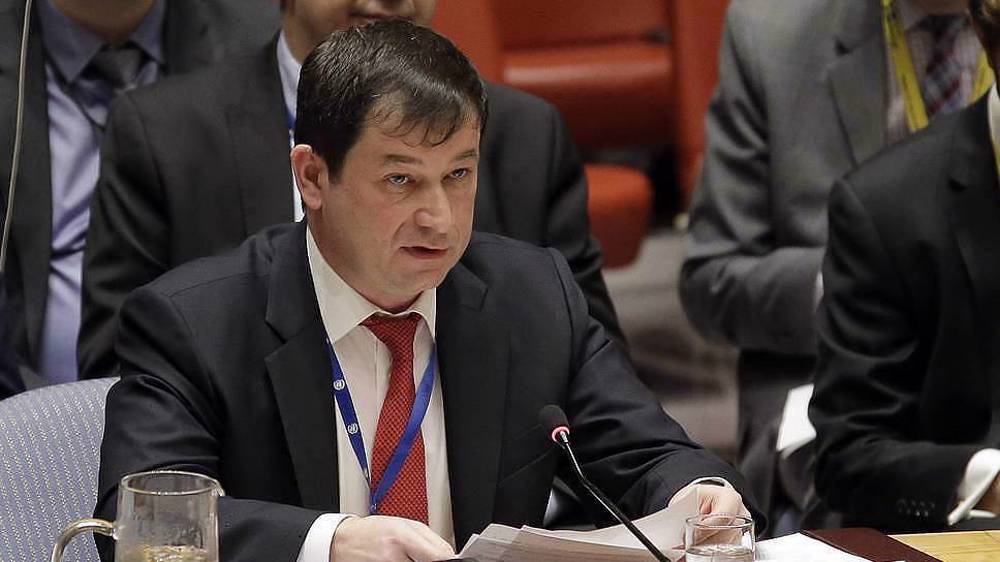
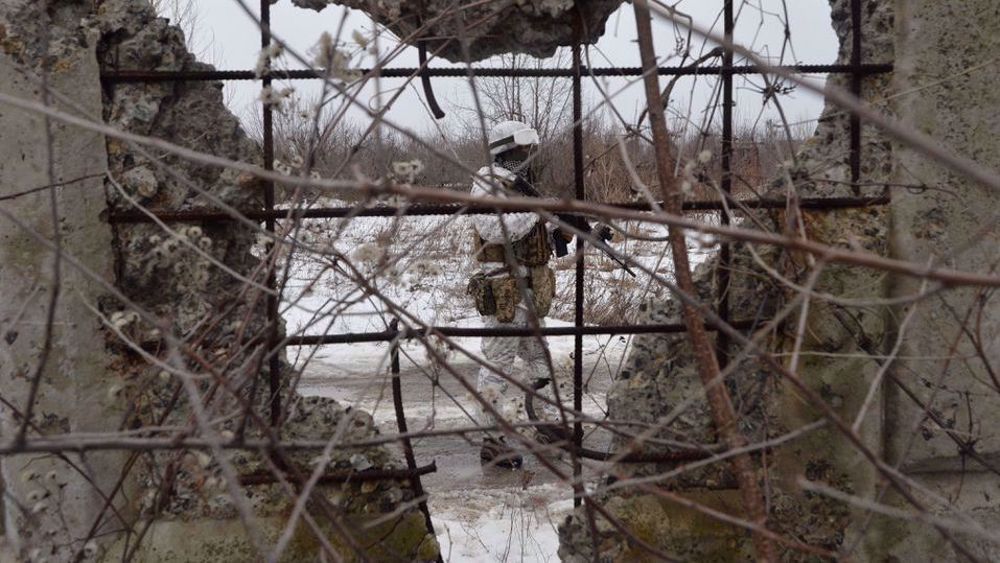
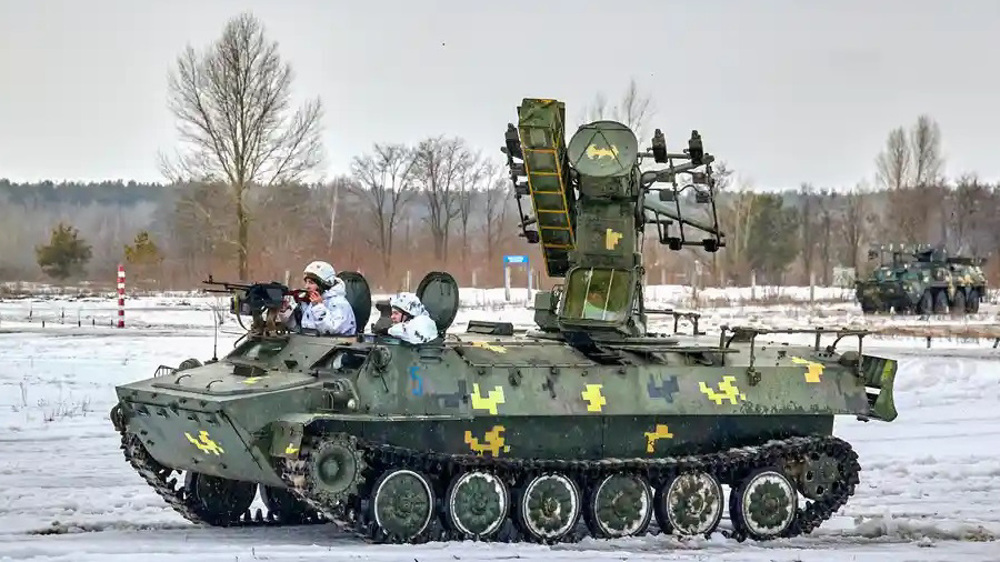
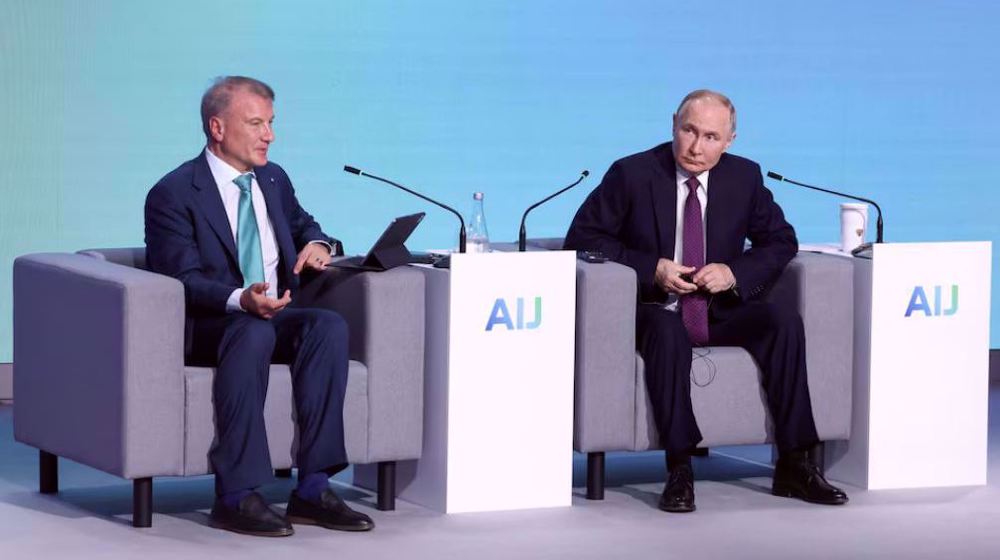
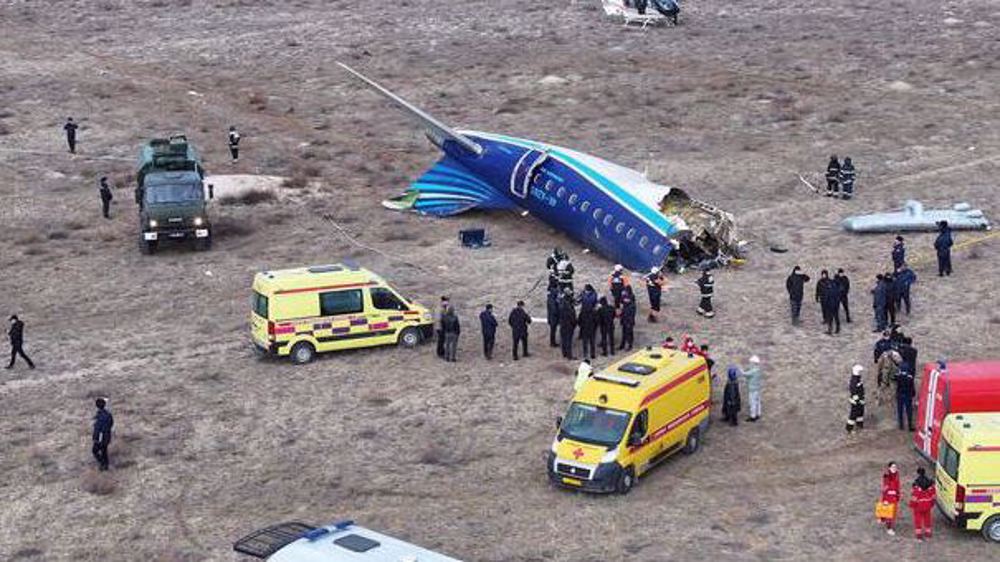
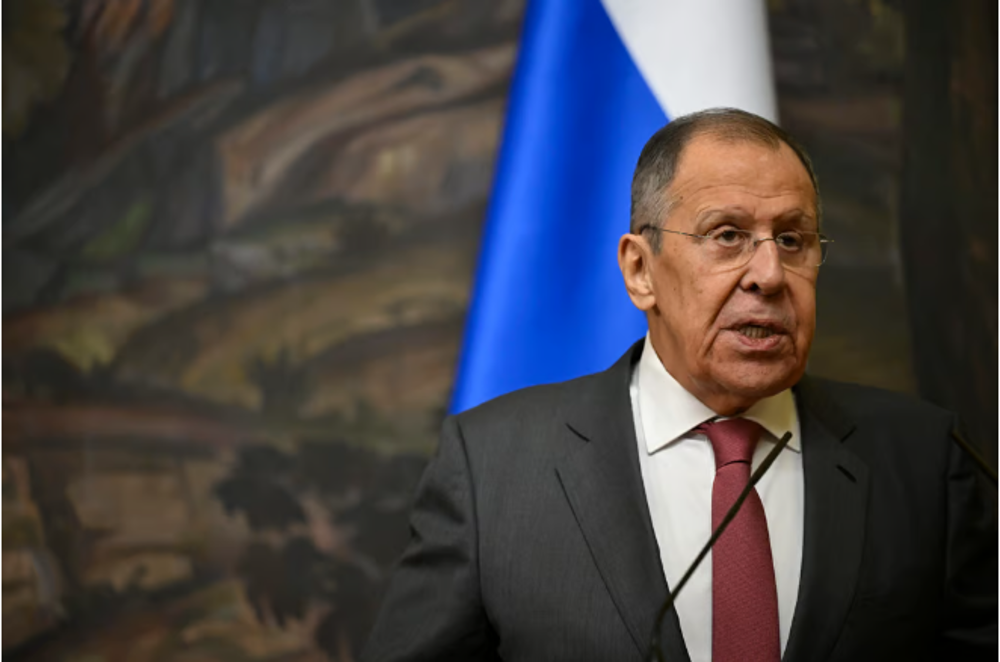




 This makes it easy to access the Press TV website
This makes it easy to access the Press TV website